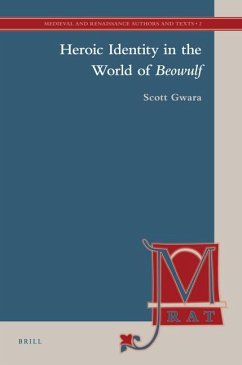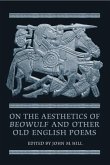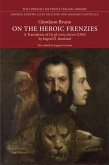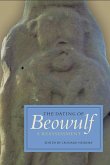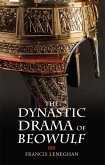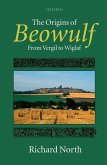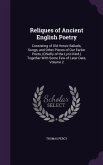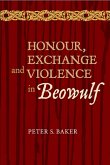Readers of "Beowulf" have noted inconsistencies in Beowulf's depiction, as either heroic or reckless. "Heroic Identity in the World of Beowulf" resolves this tension by emphasizing Beowulf's identity as a foreign fighter seeking glory abroad. Such men resemble "wreccan," "exiles" compelled to leave their homelands due to excessive violence. Beowulf may be potentially arrogant, therefore, but he learns prudence. This native wisdom highlights a king's duty to his warband, in expectation of Beowulf's future rule. The dragon fight later raises the same question of incompatible identities, hero versus king. In frequent reference to Greek epic and Icelandic saga, this revisionist approach to "Beowulf" offers new interpretations of flyting rhetoric, the custom of "men dying with their lord," and the poem's digressions.

